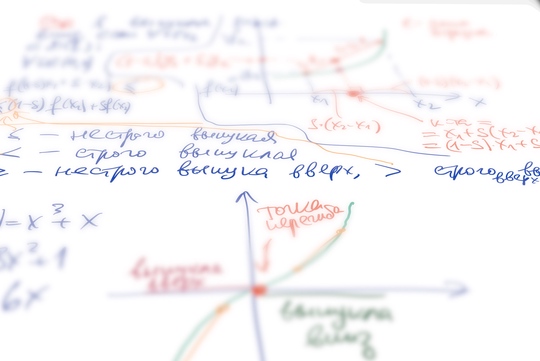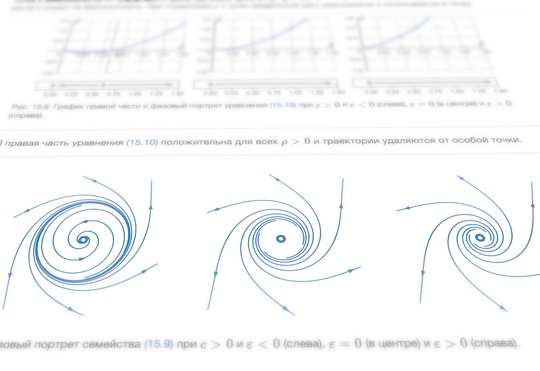About me
I’m a mathematician, ML researcher, and technology enthusiast. I love pure mathematics, and I equally enjoy coding and solving applied problems. This dual passion allows me to contribute meaningfully across disciplines, in both academia and industry.
Currently, I work at Omnifold, where we use AI and mathematical modeling for forecasting and optimization. Previously, I was a researcher at Radboud University and an associate professor at HSE University, working on projects spanning differential equations, physics, game theory, biology, and linguistics.
I’ve taught university courses on calculus, machine learning, differential equations, and data science. I also created several online courses for Coursera on the foundations of machine learning and authored free interactive textbooks on calculus and ordinary differential equations, used by thousands of Russian-speaking students.
Download my CV.
- Machine Learning
- Differential Equations
- Dynamical Systems
-
Ph.D. in Mathematics, 2010
Moscow State University
-
M.S. in Mathematics, 2006
Moscow State University
Recent Posts
Textbooks
I want to reinvent mathematical textbooks: make them accessible, friendly, full of illustrations and in-depth explanations of the essence of mathematical concepts. To achieve this goal, I even developed my own publishing platform that leverages modern web-technologies and allows to include interactive elements to mathematical texts.


